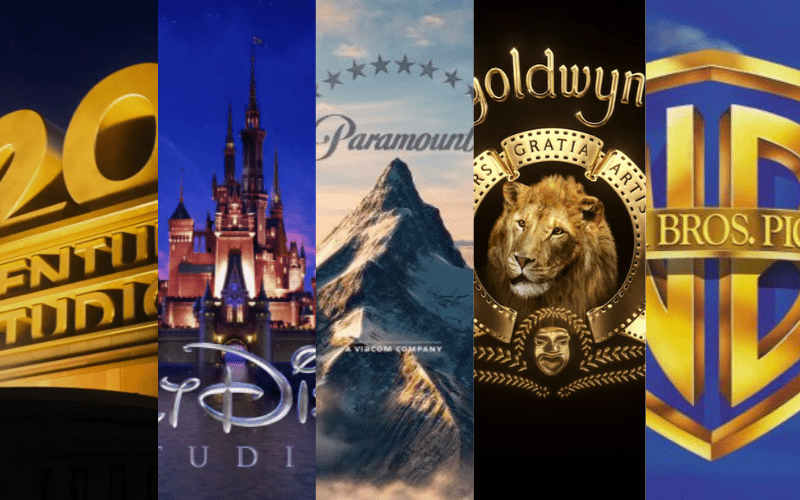Each recommendation follows that the previous is accepted, and delves deeper to offer a highly specific path.
This project analyzes the most capital efficient and least risky movies to make, and provides a streamlined approach to implement our major findings.
Data analysis of multiple movie databases shows that reboots of blockbusters from the 80’s and 90’s are by far the best method to approach this business problem.
To take it a step further, this project analyzes specific genres within this class of reboots.
Finally, individualized intellectual property acquisitions are recommended on a budgetary basis.
Microsoft sees all the big companies creating original video content and they want to get in on the fun. They have decided to create a new movie studio, but they don’t know anything about creating movies. We are charged with exploring what types of films are currently doing the best at the box office. We must then translate those findings into actionable insights that the head of Microsoft's new movie studio can use to help decide what type of films to create.
There are numerous factors and moving parts which must be taken into consideration when making a movie, and the sheer number of forks in the road can create a barrier to entry.
- Source : This RottenTomatoes dataset comes from Kaggle
- Contents : Data about movies including their synopsis, rating, genre, director, writer, release data in theatre, release data on DVD, Box office rental profit, length of movie and studio of production.
- Source : This dataset is provided to us by Flatiron school.A compressed version of the data file is available in the project repo in the folder "zippedData".
- Contents : Data about movies' domestic and international gross profit along with the name of studio production and release year
- Source : The Number dataset is provided to us by Flatiron school.A compressed version of the data file is available in the project repo in the folder "zippedData".
- Contents : Data about movies' production budget along with release date, domestic gross and worldwide gross
- Data for the marketing budget of movies was not available, this could give us clearer insight on the ROI.
- Data insights on TV series and movie franchise data would be helpful to make recommendations for TV series and Movie franchises.
- For our analysis, we have used data from various sources and linked them which resulted in filtering out a lot of data entries, reducing the robustness of our analysis.
Our recommendations follow a chronological pipeline of actionable applications of our data findings.
The key stakeholder will be able to apply our recommendations to a real life business problem.
Reboot blockbuster films from the 80’s and 90’s.
Our data reiterates that more movies from these 2 decades have been rebooted, than not.
Comparative fiscal data for reboots vs. non-reboots allows us to conclude that hit films, specifically from these 2 decades, are the most profitable to reboot.
Additionally, these reboots happen to be even more profitable than original films.
Once the first recommendation is accepted, the second recommendation provides the next step.
After deciding that rebooting hit films from the 80’s and 90’s is the way to go, one must ascertain the next step. Which genre? Through analyzing popularity and ROI for specific genres, our findings show that adventure, fantasy, sci-fi, action, family, and animation are the most popular genres.
Exploring the popularity of genres gives our key stakeholders a direction.
This gets even more specific.
Since Microsoft has no prior movie industry experience, and, therefore, no intellectual property of movies, they must acquire IP.
A budget tier system gives Microsoft a clear path to follow in IP acquisition, based on their budgetary preferences.
The tiers are classified into High, Medium and Low. These figures were acquired through statistical analysis of production costs of all movies in the last 20 years.
Through further data analysis, we conclude that Microsoft should acquire their intellectual property from the following movie studios: Walt Disney, Buena Vista, Universal Pictures, Warner Brothers, 21st Century Fox, Paramount Pictures.
Fiscal data analysis points us in the direction of specific movie studios, based on their associated value.
The more valuable a movie studio, the more expensive their IP is.
Furthermore, the most produced genres in our recommended studios align with our genre popularity finding.




.jpeg?raw=true)